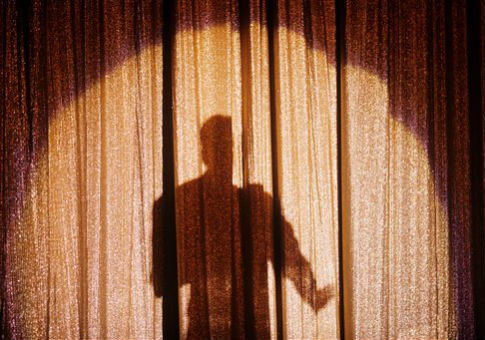Hollywood up-and-comers are willing to sacrifice a quick payday in exchange for the chance of making it big, despite objections from one of the nation’s largest actors unions.
The Actors’ Equity Association, an AFL-CIO affiliate, is a $55 million labor operation with about 43,000 members nationwide, according to its 2014 federal labor filings. The union is pressing small theater companies to pay the minimum wage for rehearsals, clean ups, and other theater-related activities inexperienced actors undertake in order to earn a chance to perform on stage, according to a Monday report in the New York Times.
The union, seizing a moment when organized labor is having some success pressuring low-wage employers to pay higher salaries, says many of this city’s small theaters—which currently pay actors nothing for rehearsals, and stipends as low as $7 per performance—should start paying California’s minimum wage of $9 an hour.
The union has a vested interest in achieving higher wages for its members. Regular members are required to make two $59 dues payments a year, a relatively small sum for labor representation. Those numbers increase dramatically for working actors, who are required to pay the union 2.25 percent of their earnings derived from union work with a cap of $6,750 per year. The union collected about $16 million through dues and fees in 2014, according to federal labor filings.
However, union members in small Los Angeles theaters are speaking out against the payday. Many see the small venues and menial labor as part of the learning process and consider it an investment that will pay dividends in the future if they are able to turn small theater performances into big Hollywood auditions down the road.
The actors who seem to be campaigning against their own financial self-interest argue that the small theater scene is effectively not a place of employment, but a form of continuing education … the union’s effort to help boost actors’ pay has prompted a vociferous backlash from its members, many of whom fear that higher pay will cause many theaters to disappear.
Members in Los Angeles rejected a union bid to drive up wages by a two-to-one margin. The vote prompted picketing and protests outside of union headquarters, rather than the theaters the labor group had been targeting. Some theater companies voiced concern that they would have to stop using union actors if the labor costs rise any higher. The anti-union movement has even won the support from liberal Hollywood actor Tim Robbins.
"The only reason I was able to move into writing and directing movies and remain sane in this business has been my access to doing challenging work and testing myself in small theater," Robbins told the Times.
The union is expected to reach a decision on the minimum wage on Tuesday, according to the Times.
